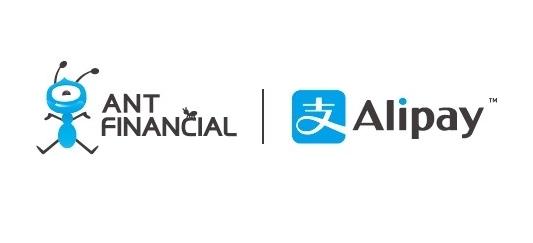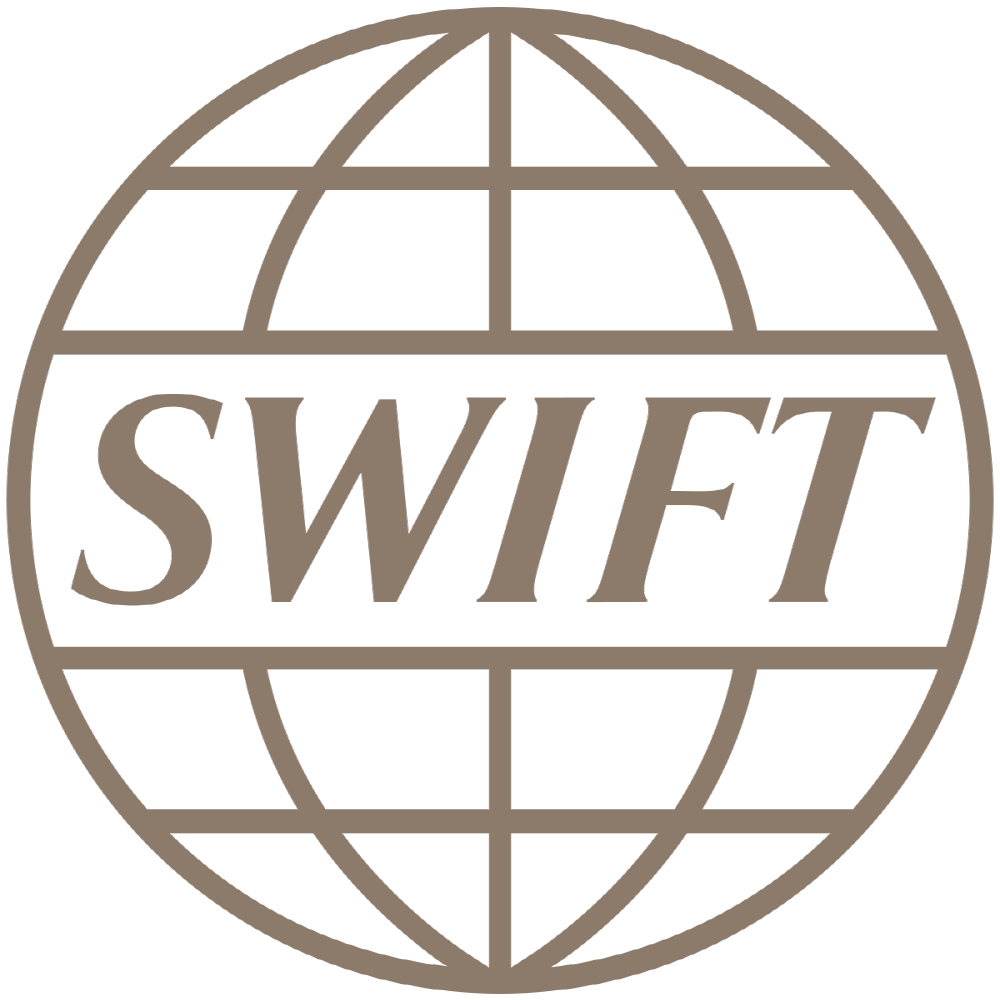
On January 8 (local time), a Norwegian telecom company, Teleno subsidiary, launched a cross-border remittance service based on a block chain in Alipay, China. SWIFT, which is leading the border remittance service market, Ripple, a block-chain company, and IIN, led by JP Morgan, have started to compete, but it is noteworthy whether the Alibaba-affiliated Alipay will join the competition in the future.
The service is a joint venture between TeleNo Microfinance Bank (TMB), a Teleno subsidiary located in Pakistan, and Easypaisa, a Teleno subsidiary in Malaysia. Ali Payp, a settlement service provider of the Alibaba Group affiliate and financial, will work in technical cooperation.

The aim is to increase the efficiency and speed of remittances between Malaysia and Pakistan. Currently, the total amount transferred from Malaysia to Pakistan is about $ 1 billion. In fiscal year 2017-2018, remittances contributed 6% of Pakistan’s GDP. And Financial explains that the new remittance service is a good example of helping financial and digital people in developing countries.

Of course, in the big frame, the more interesting part is that the competition for new remittance service companies around the reduction of international remittance costs is intensifying. In December, SWIFT reportedly moved to build a new API-based system to speed up cross-border remittances and reduce errors. Founded in 1973, SWIFT is one of the world’s largest financial institutions with more than 11,000 financial institutions in 200 countries. The problem is that the transfer rate is slow. It gets criticized for being able to take a few days. Ripple and IIN are the block-chain companies that are trying to solve this problem. This is also why the interest in these companies is rising.
With ripple, it only takes a few seconds to complete the transfer. Ripple says that banks can save 60-70 percent through ripple. Current Ripple’s xCurrent has partnered with more than 100 financial institutions. XRapid, which is obligated to use a password coin ripple, also announced that it would start commercial use last October.
IIN, the interbank network, is a block-chain-based inter-bank remittance network developed by JP Morgan Chase, a US large financial corporation. JP Morgan announced in September that 75 banks would participate in the IIN. The goal is to accelerate the flow of information between banks across the country by facilitating information inquiry procedures needed to prevent money laundering.
As new international remittance services such as ripple and IIN are poured out, there is a demand that SWIFT over 40 years needs to be reorganized. As I mentioned earlier, SWIFT’s API-based system explains that you do not need to trust the entire network like block-chain-based because the necessary data access is done between the two. In recent years, a number of banks are using APIs, which can be expected to be faster than block-chain-based solutions.
There is also a report pointing out the lack of reliability of the block chain. In the report, Pricewaterhouse Coopers (PwC), a large accounting firm, analyzes that all participants can view information shared in the distributed ledger in real time on a block-chain-based platform. Although this may be a variance in risk, JP Morgan introduced the IIN but also participated in the new SWIFT system.
Anyway, it is clear that the forty-year ruler SWIFT is also undergoing a demand for change. Here you can jump into ripple, IIN, and remittance services to the AliBaba line AliPe at the beginning. It can be said that the trend will be focused on. For more information, please click here .



